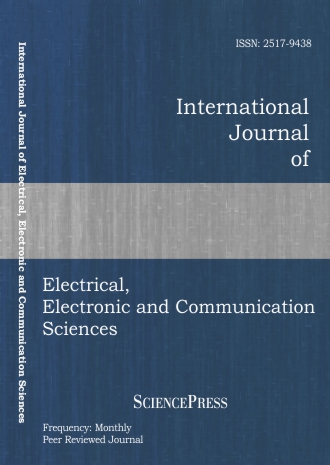
Scholarly
Volume:2, Issue: 11, 2008 Page No: 2630 - 2636
International Journal of Electrical, Electronic and Communication Sciences
ISSN: 2517-9438
1172 Downloads
Use of Fuzzy Edge Image in Block Truncation Coding for Image Compression
An image compression method has been developed using fuzzy edge image utilizing the basic Block Truncation Coding (BTC) algorithm. The fuzzy edge image has been validated with classical edge detectors on the basis of the results of the well-known Canny edge detector prior to applying to the proposed method. The bit plane generated by the conventional BTC method is replaced with the fuzzy bit plane generated by the logical OR operation between the fuzzy edge image and the corresponding conventional BTC bit plane. The input image is encoded with the block mean and standard deviation and the fuzzy bit plane. The proposed method has been tested with test images of 8 bits/pixel and size 512×512 and found to be superior with better Peak Signal to Noise Ratio (PSNR) when compared to the conventional BTC, and adaptive bit plane selection BTC (ABTC) methods. The raggedness and jagged appearance, and the ringing artifacts at sharp edges are greatly reduced in reconstructed images by the proposed method with the fuzzy bit plane.
References:
[1] Graham D. Image Transmission by Two-dimensional Contour Coding.